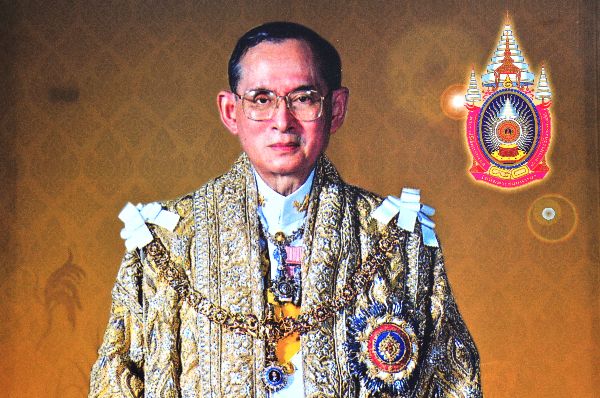Part II: Comparing the four Southeast Asian states of interest
This paper focuses on the contemporary politics of four Southeast Asian states—Indonesia, Myanmar, the Philippines and Thailand. Two of them—the Philippines and Thailand—are relatively established democracies (albeit with authoritarian interludes) while the other two—Indonesia and Myanmar—are democratizing or liberalizing polities transitioning from authoritarianism. It is must be noted however that Indonesia has made more considerable progress compared to Myanmar, which have moved away from authoritarianism only a few years ago.
The forms of government of these democratic (democratizing or liberalizing) states are not similar. Both Indonesia and the Philippines are unitary presidential constitutional republics with bicameral legislatures. While Indonesia started democratizing in 1998 after the resignation (ouster) of authoritarian President Suharto, it was only in 2004 that the Indonesian president and vice president were elected by the electorate at large. Prior to 2004, the leaders of the Indonesian republic were chosen by the legislators. In contrast, the presidents and vice presidents of the Republic of the Philippines were directly elected since 1946 when the United States granted its independence save for an authoritarian period when the elected leader, President Ferdinand Marcos, launched an auto-golpe in September 1972 and ruled the country beyond the constitutionally-specified end of his term in 1973. Marcos was ousted in a popular uprising in February 1986 and the new basic law imposed a single-term limit on presidential incumbents.
Thailand, meanwhile, is a constitutional monarchy but actual governmental power is wielded by a prime minister (and his cabinet) chosen by a majority of incumbent parliamentarians. However, the Thai monarch (specially the incumbent King Bhumibol) has played a substantial political role in mediating conflicts between Thai political factions (civilian, military, or otherwise). The absolute monarchy in Thailand was ended by a military coup in 1930 and a limited monarchy was established in its place. However, military officers took the reigns of power in several occasions largely through bloodless coups with such authoritarian interludes often gaining royal approval or acquiescence.
Myanmar is a federated union established in 1948 as a weakened United Kingdom retreated from its Asian colonies. It was a democratic polity until a coup in 1962 installed a military dictatorship. The military regime was seriously challenged by insurrections in the capital city of Yangon in 1988 and in 2007 but was able to crush these risings. Elsewhere, armed secessionist movements of the various non-Bamese (or Burmese) minorities (e.g. Shan, Karen, and other ethnic minorities) fought the Yangon government (considered as controlled by Bamese interests) in one of the world’s longest running civil wars. To mollify urban opposition, the military regime called for limited parliamentary elections in 1990 but set it aside when the results were not to its liking. Since the opposition led by Daw Aung San Suu Kyi (daughter of the acknowledged founder of the modern Burmese army, General Aung San) and her National League for Democracy (NLD) won almost 60% of the national vote and 80% of contested parliamentary seats, the military regime had been under considerable pressure from within and without to relinquish power to elected civilian leaders as well as release Suu Kyi from house arrest. In 2011, the ruling military junta was officially dissolved following a 2010 general election and a nominally civilian government was installed. While former military leaders like Thein Sein (nominally a civilian after retirement as military chief) still wield substantial power, the Burmese military have taken major steps in relinquishing governmental control. Suu Kyi was released and allowed to stand for elections as a parliamentarian. She assumed her seat in parliament in 2012 and has since served as NLD chair and leader of the opposition.
Notwithstanding differences in forms of government, all four Southeast Asian states have a common history of political regime swings. However, since all four are either liberalizing, democratizing or consolidating their democratic polities, it is indeed a valid exercise to evaluate how these polities handle two key relationships—between ‘ins’ and ‘outs’, and between majorities and minorities for one to have a well-rounded assessment of their political health.











